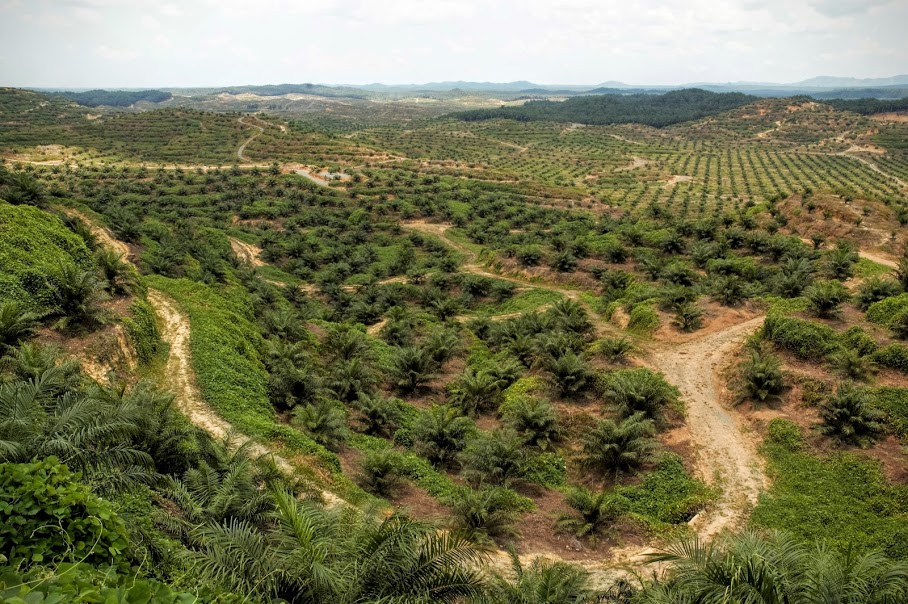
Conserving the Forests

Forests cover 31 percent of Earth’s land mass — for now, anyway.
As global demand for agricultural commodities grows, forests are increasingly under threat. In Southeast Asia, for instance, a burgeoning appetite for palm oil is a leading driver of deforestation. However, corporate sustainability programs have the potential to save endangered tropical forests.
About 20 percent of global palm oil production is now certified as sustainable by the Roundtable on Sustainable Palm Oil (RSPO). Such certifications, among other voluntary corporate sustainability programs, might help conserve tropical forests by providing incentives to protect forests and areas with rare or endangered species. Nonetheless, forests around the world need more robust protection.
A new study by UC Santa Barbara economist Robert Heilmayr and colleagues estimates that sustainability certification significantly reduced deforestation in Indonesian plantations. However, the researchers calculated that the actual area conserved was surprisingly small. The findings, published in the Proceedings of the National Academy of Sciences, demonstrate the potential value of certification as a tool, while highlighting changes necessary to improve on-the-ground impacts.
“RSPO certification has saved 21 square kilometers of Indonesian forests that would have been deforested,” said co-lead author Heilmayr, an assistant professor in the environmental studies program. “To put that in perspective, that area is one-tenth the size of the home range of a Bornean elephant endangered partially by loss of its habitat due to deforestation.”
Combining a new database of Indonesian oil palm plantations with satellite imagery of deforestation, the investigators measured the amount of natural forest that was cleared in each of those plantations between 2000 and 2015. They estimated that RSPO certification reduced — but did not eliminate — deforestation in certified Indonesian plantations by about 30 percent, as compared to their noncertified counterparts with similar characteristics. The researchers also found that certification did not affect fire occurrence in these plantations or the amount of carbon-rich peat swamp forests cleared and drained for oil palm.
“We were pleased to see this positive effect, given that nongovernmental organizations have substantiated real cases of deforestation within plantations held by RSPO members,” said co-lead author Kimberly Carlson of the University of Hawaii. “However, because palm oil companies have chosen initially to certify well-established plantations containing relatively few remaining forests, certification currently benefits less than 1 percent of the forests remaining in Indonesian oil palm plantations.”
To grow those effects, the scientists recommend that the RSPO target oil palm companies developing forest frontiers instead of those working with long-ago-developed plantations. “Encouraging companies to conserve forests rather than just avoid deforestation will be an important next step as we try to increase the impact of corporate sustainability initiatives,” Heilmayr said. “The hope is that the RSPO can scale up to create meaningful reductions in global deforestation.”
“Our findings show that products bearing the RSPO label are less likely to contain palm oil produced on recently deforested lands, so by purchasing certified palm oil, you are supporting a reduction in deforestation, as well as increased transparency in the oil palm industry,” explained co-author David Burns of the National Wildlife Federation. “But to truly meet corporate ‘zero-deforestation’ pledges and consumer needs, the RSPO needs to do more, such as adopting satellite-based monitoring of forest patches within plantations and extending protections to secondary forests in addition to all peatlands.”



